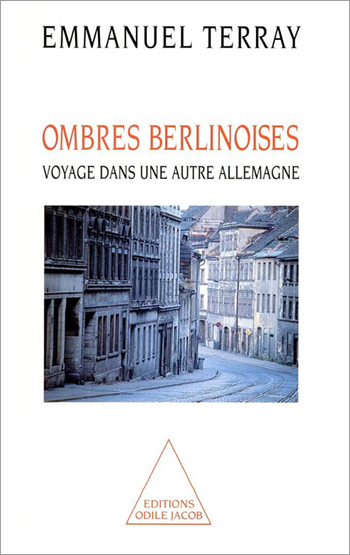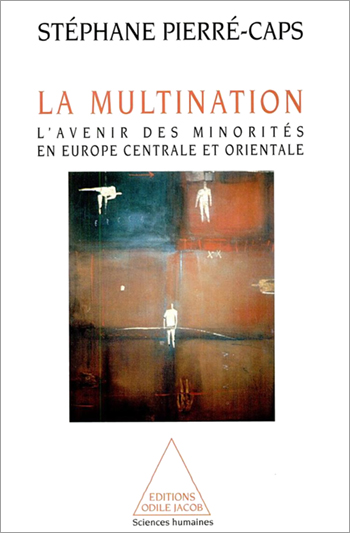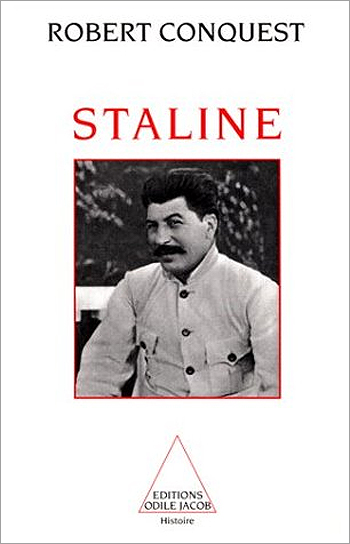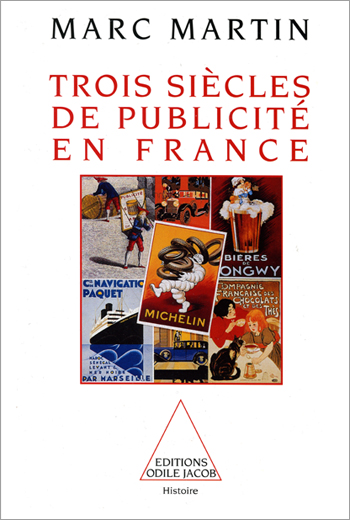History by country All books
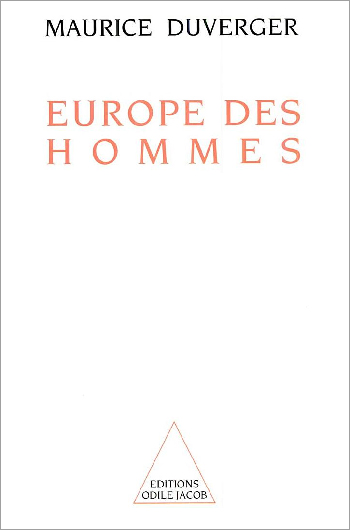
Maurice Duverger
Europe of Men
How is it possible to get many nations, separated by history, culture, political structures, to live together? If the European community functioned well with 6 members, in a mediocre way at 9, and at 12 members with difficulty, beyond, the E.E.C. will be ineffectual and paralyzed. One solution is available: to change the institutions. The author, a former member of the European Parliament, proposes here a new theory of federalism, the only way according to him, to progressively substitute to the power of the technocrats that of the members of Parliament and citizens.
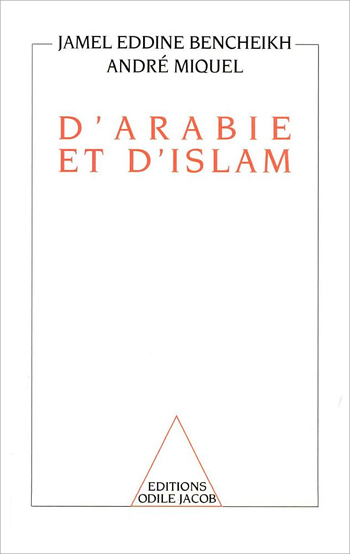
André Miquel, Jamel Eddine Bencheikh
Of Arabia and Islam
Two French specialists on Islam, one Algerian, the other a native Frenchman, discuss Islam and its confrontation with the Western world. Interweaving references to the past and present, they recount a long history of cultural confrontation, marked by continuous debate and violent conflict, repulsion and fascination. Resolutely optimistic, yet painfully aware of the religious intransigence which enshrouds their subject, their conversations shed new light on the conceptions of power and unity within the Muslim world.
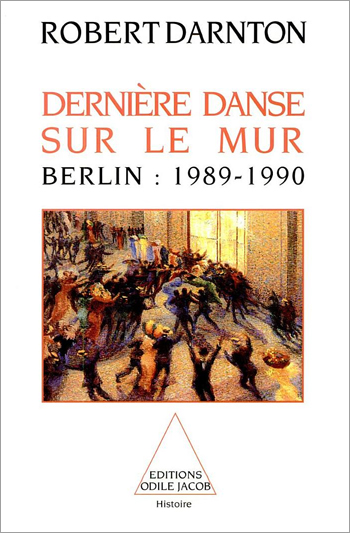
Robert Darnton
Berlin Journal, 1989-90
Robert Darnton was in Germany at the moment when the boundaries of post-war Europe came toppling down. Suddenly, the university professor discovered that History was in the making, and the masses were in motion. This is his personal account of the combined drama and celebration that accompanies every revolution. A professor at Princeton University in the United States, Robert Darnton is a specialist in the history of European culture. He is the author of L'Aventure de l'Encyclopédie, Le Grand Massacre des chats and Edition et Sédition.
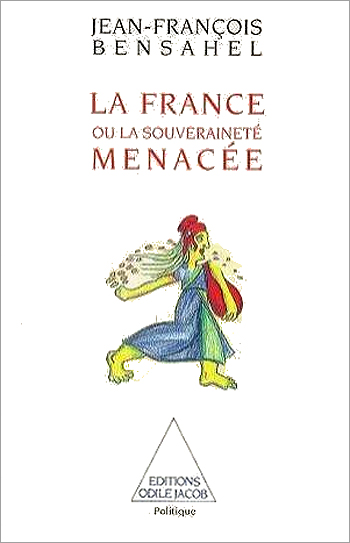
Jean-François Bensahel
France and Threatened Sovereignty
What may one hope for from a united Europe? What will be the future of France? Discouraging of both European illusions and those myths of the 1980s, the money-king and the triumphant individual, this work provides an indispensable reflection on how to tackle the difficult years ahead, to avert the explosive risks that weigh heavily on society and restrict the actions of the French State. Jean-François Bensahel, an ex-student of L'Ecole Normale Superior and the Ecole de Mines, holds a graduate degree in mathematics and is a high-level functionary.

